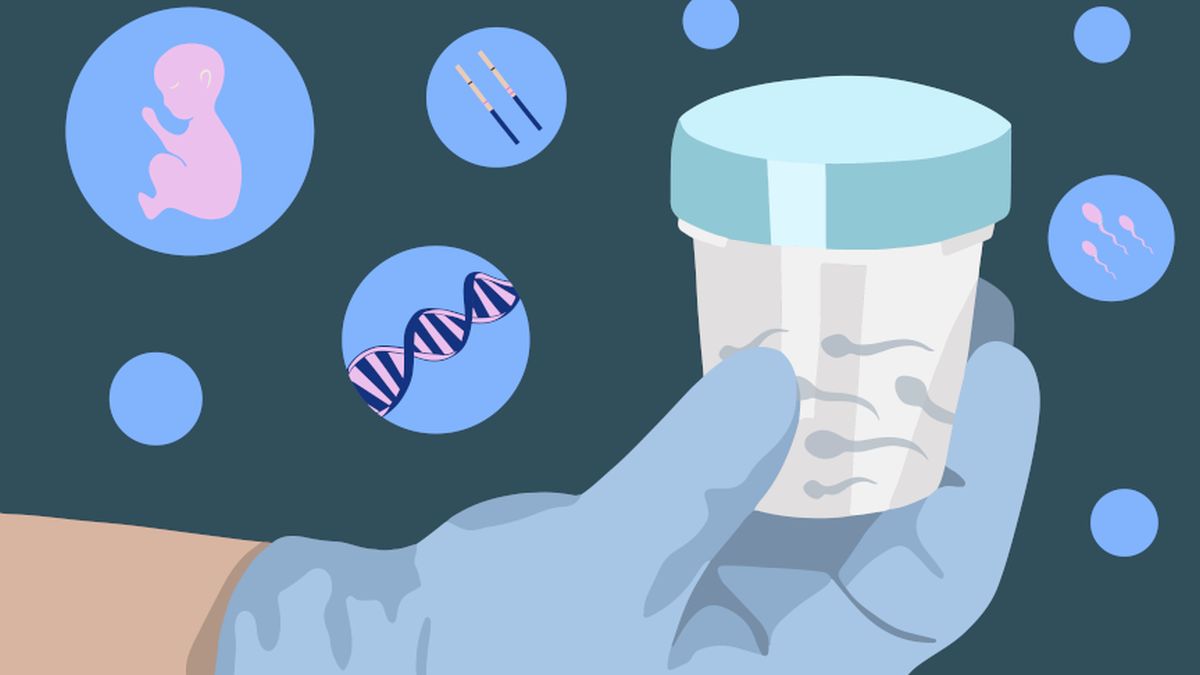Why we’re no longer doing April Fools’ Day
The internet is filled with falsehoods. We’re forever investigating new scams here at Malwarebytes, and it’s so hard to know what—or...

The internet is filled with falsehoods.
We’re forever investigating new scams here at Malwarebytes, and it’s so hard to know what—or who—to trust online.
There’s the scam that takes advantage of grieving people and tricks them into paying for a funeral live stream.
There’s the fake CAPTCHA that hijacks clipboards and tricks users into installing malware.
There’s the many, many, many scams that use Google ads to trick people into granting remote access to their machine, handing over money, or installing malware.
And we’re being tricked constantly by AI, take the Texan restaurant with its dino croissant and photos of Jeff Bezos at the bar. Or the scam that uses an AI replica of a loved one’s voice to trick a family member into handing over money.
It’s hard to know what to believe any day of the year online and so, while we used to participate in April Fools, it just hits different these days.
Especially when things go wrong when it comes to April Fools’ pranks. Last year a burger restaurant sent customers into a spin after sending them a fake order confirmation email, which led to customers fearing that their accounts had been hacked. All in good faith, but it no doubt hit a nerve for the affected customers.
So go ahead and order your Hot Dog Sparkling Water, eat your crust only pizza, or have a snooze in your banana sleeping bag. We love that. But as a cybersecurity brand we want you to feel like you can trust us—every single day of the year. If we say something is fake, then it’s fake. If we say it’s real, then it’s real. No exceptions.
How to protect yourself from scams
- Watch out for a false sense of urgency. Scammers will often use time pressure to get you to click, fill in your personal data, or hand over money. If you feel like you’re being asked to act quickly, take a pause.
- Is it too good to be true? Offers of big discounts or free stuff can be really tempting, but they’re often used as lures for scammers. The likelihood is that it is, indeed, too good to be true and should be avoided at all costs.
- Have a family code word. Scammers are known to use an AI-generated voice of a loved one to trick a family member into handing over money. Come up with a code word in person that only you and your loved ones know and keep it a secret so you can ask for it if you receive such a phone call.
- Check via another way. If your “bank” gives you an unexpected phone call, ring them back on a number you know is theirs. If a Facebook friend DMs you a link, send them a quick text to check it’s really them. Double checking in this way could save you doing something you later regret.
- Use a different password for every account. If you get your username and password stolen on one account you don’t want scammers to be able to use it on another. Password managers help you create complex passwords, and they remember them for you.
- Set up multi-factor authentication on every account you can. It’s not foolproof, but it does make it considerably harder for scammers.



















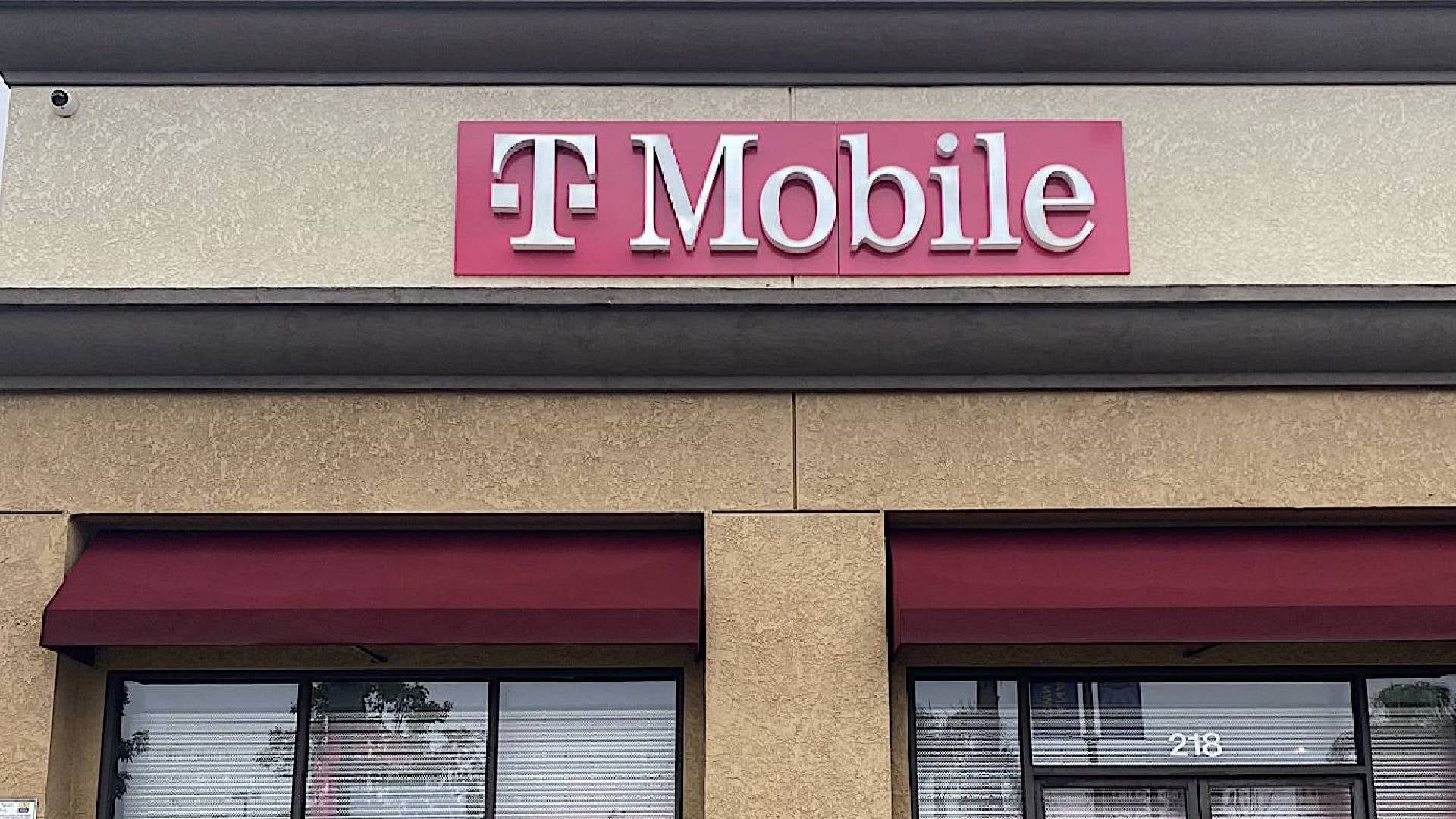
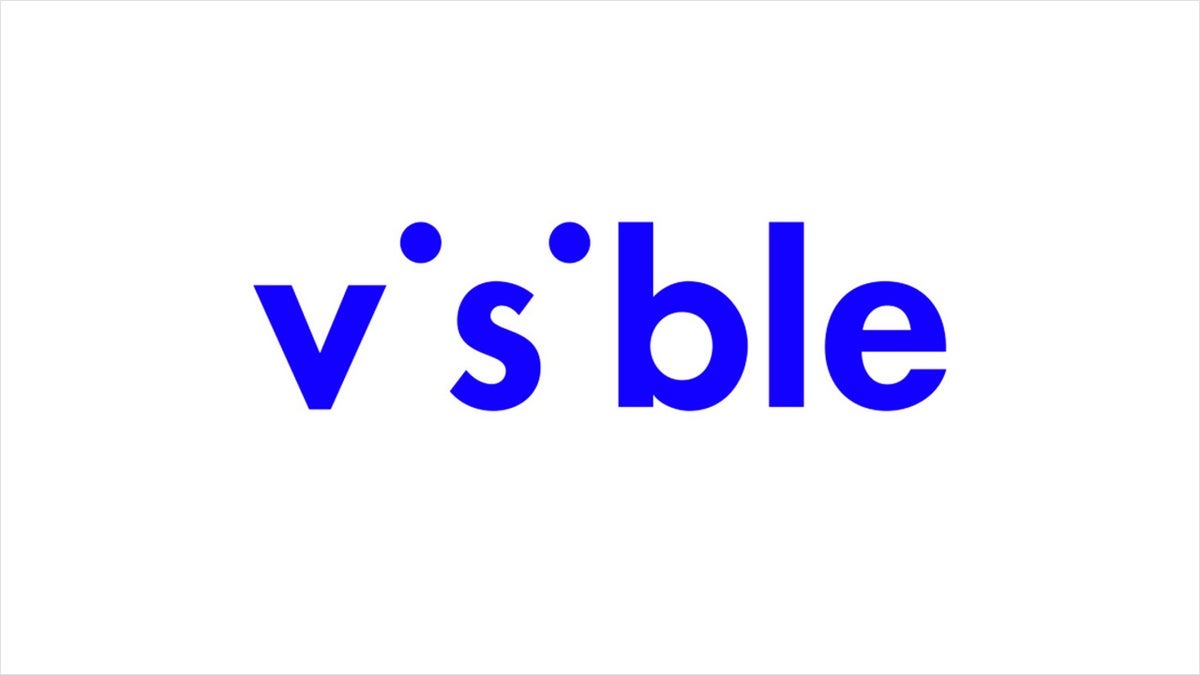










































![Nomad Goods Launches 15% Sitewide Sale for 48 Hours Only [Deal]](https://www.iclarified.com/images/news/96899/96899/96899-640.jpg)


![Apple Watch Series 10 Prototype with Mystery Sensor Surfaces [Images]](https://www.iclarified.com/images/news/96892/96892/96892-640.jpg)


















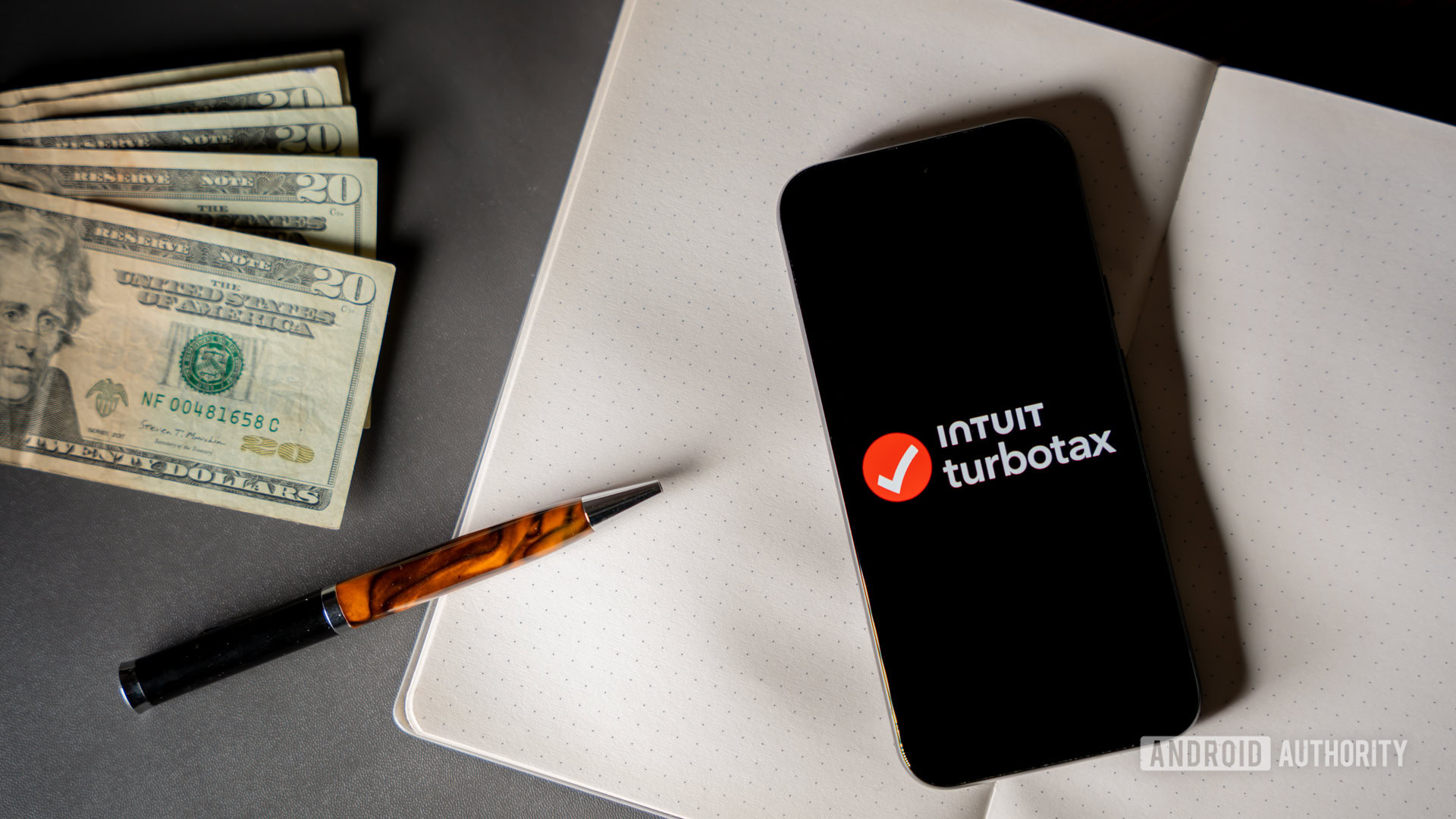
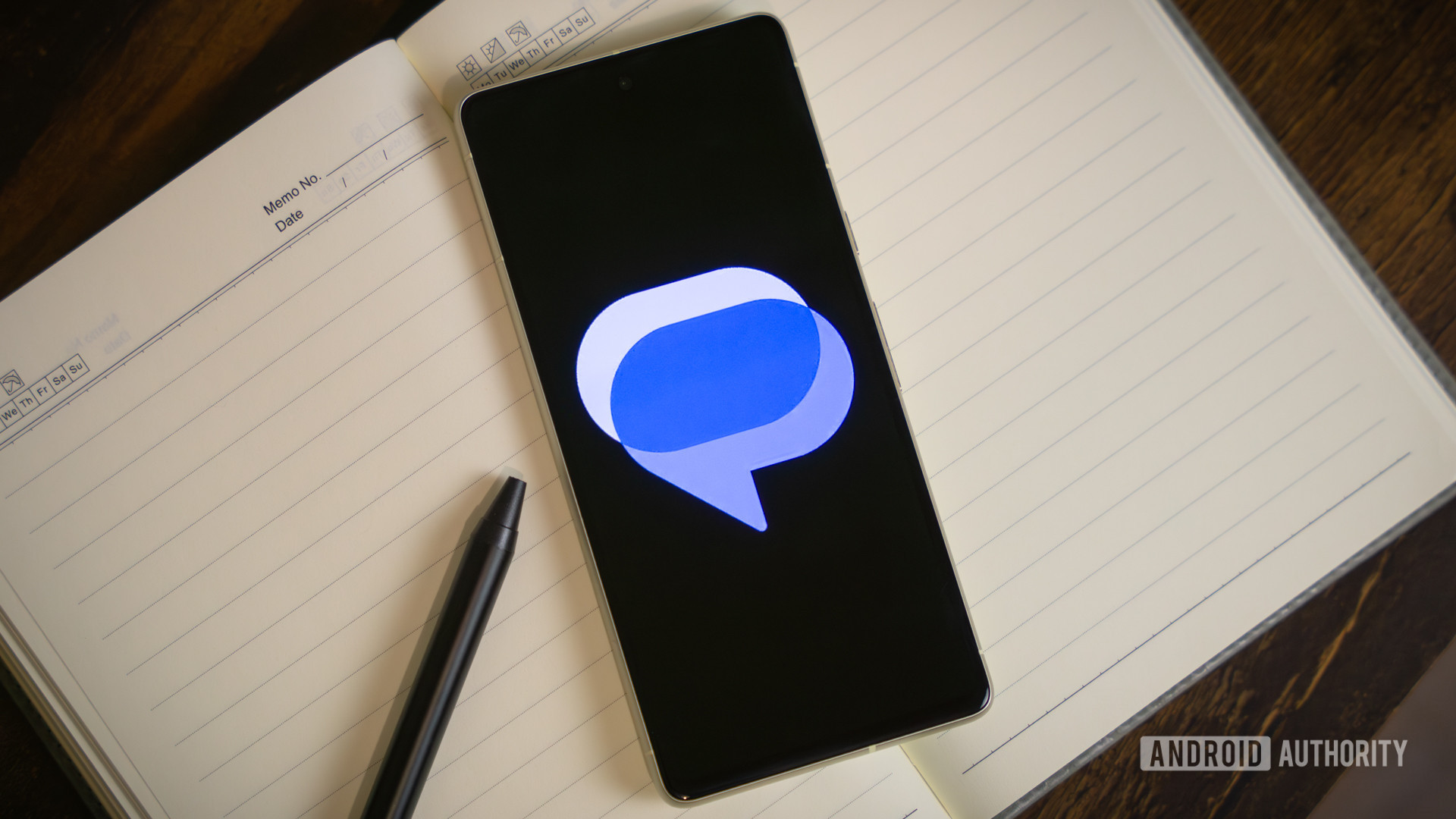




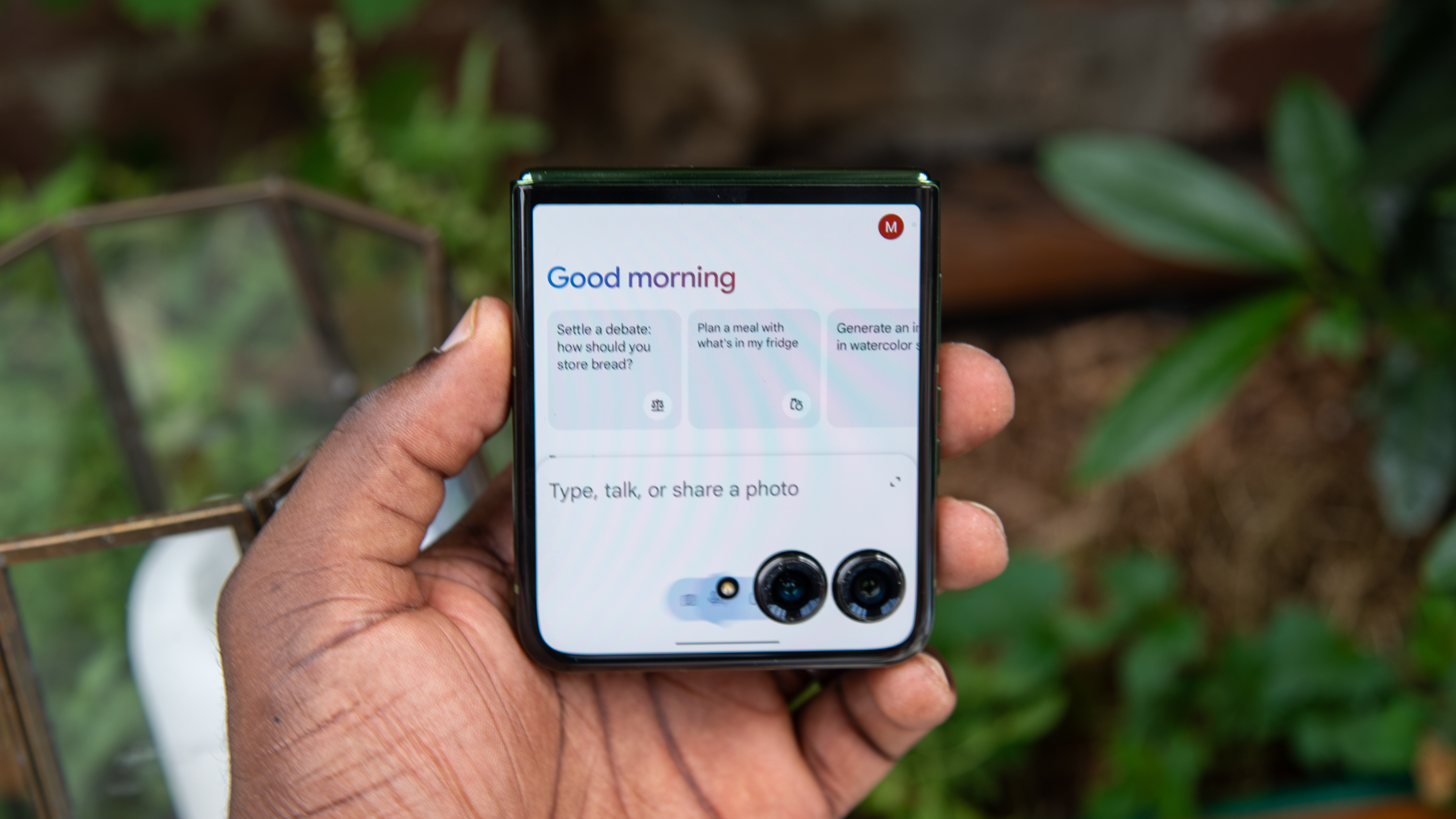






























































































































































![[The AI Show Episode 142]: ChatGPT’s New Image Generator, Studio Ghibli Craze and Backlash, Gemini 2.5, OpenAI Academy, 4o Updates, Vibe Marketing & xAI Acquires X](https://www.marketingaiinstitute.com/hubfs/ep%20142%20cover.png)

























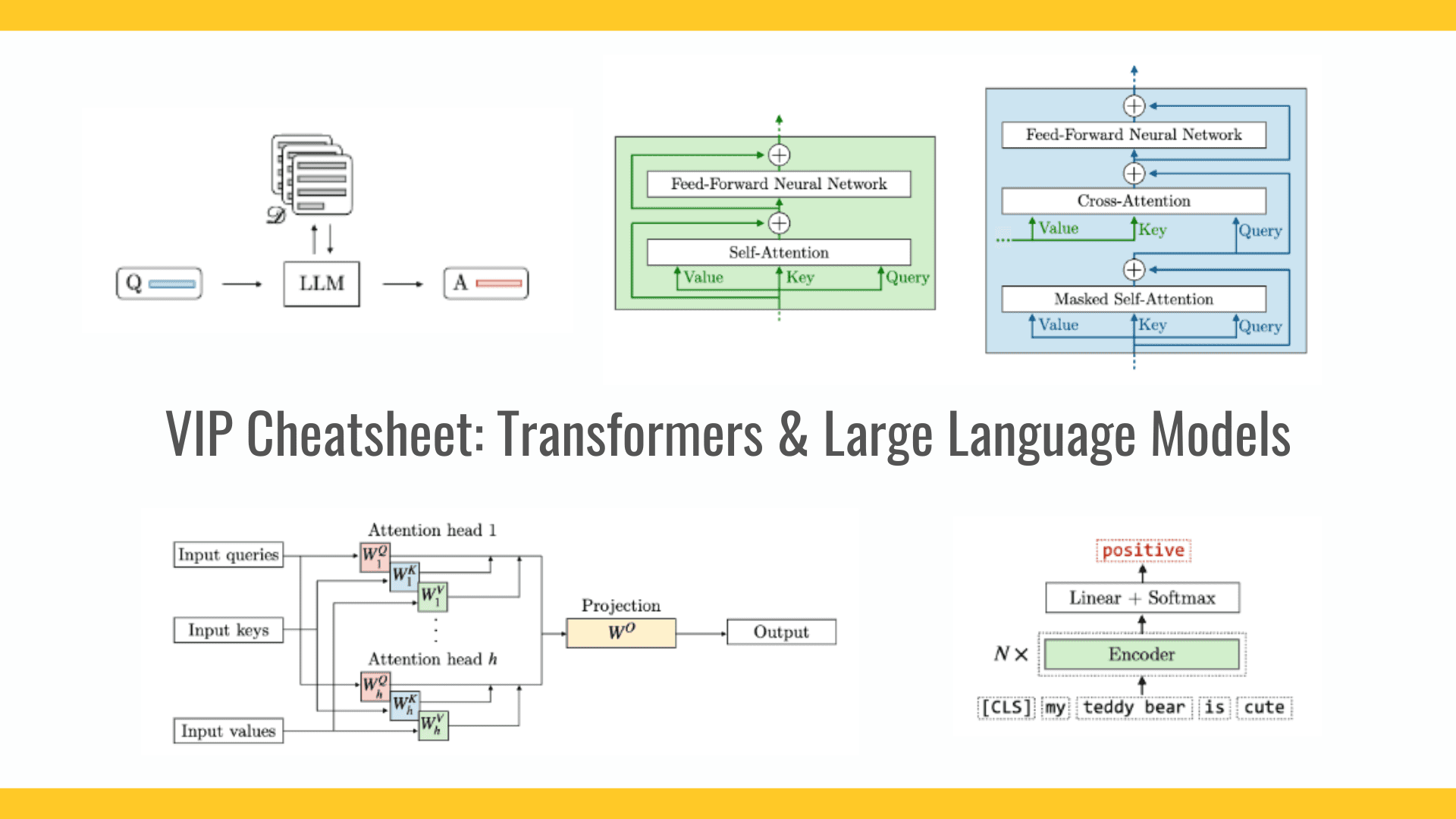






























































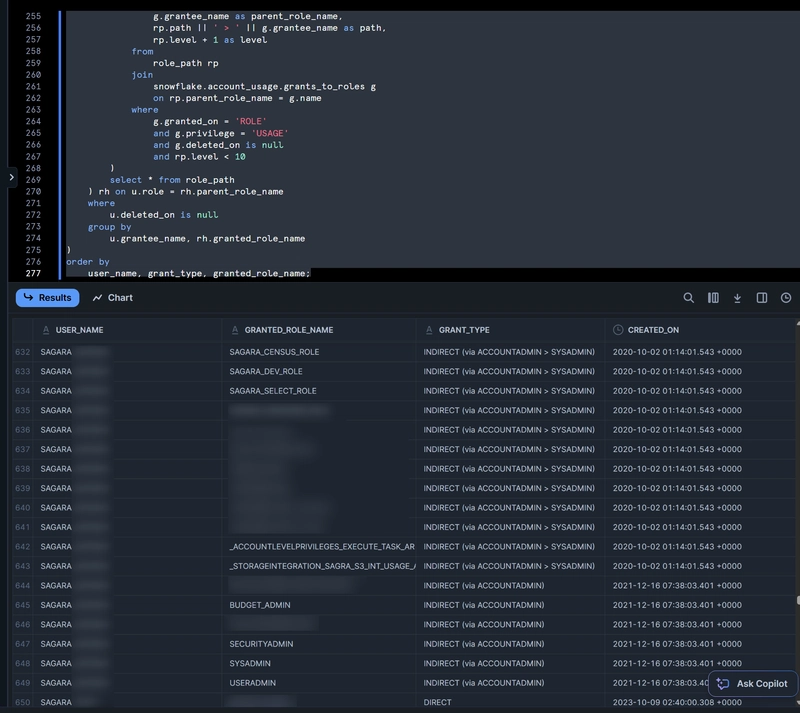



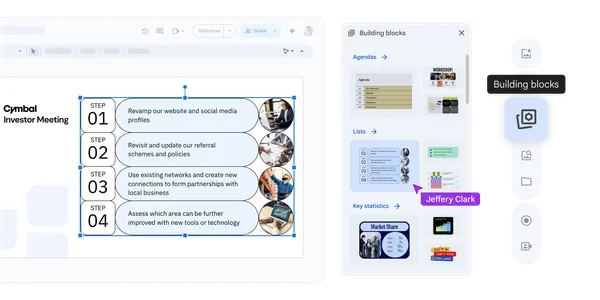
















![Is this a suitable approach to architect a flutter app? [closed]](https://i.sstatic.net/4hMHGb1L.png)


















![From broke musician to working dev. How college drop-out Ryan Furrer taught himself to code [Podcast #166]](https://cdn.hashnode.com/res/hashnode/image/upload/v1743189826063/2080cde4-6fc0-46fb-b98d-b3d59841e8c4.png?#)

























































































